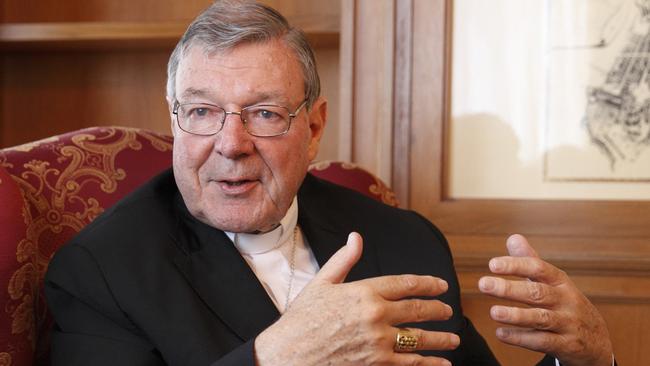
There have been so many scandals involving the Vatican of late that a lot of people are confused about all this and whatever link there is to Pell’s persecution.
In the process of dwelling on Roman scandals, perhaps we are forgetting what is really important to Australia and all Australians: how did the prosecution, conviction and imprisonment of an innocent man, Pell, for a heinous crime happen in our country’s justice system? What we Australians should be asking ourselves is: Why and how in the state of Victoria did this happen?
Perhaps we should not be too focused on the Vatican scandals and more on what Catholic Archbishop of Sydney Anthony Fisher has said as reported in The Australian: “Following a media, political and police witch-hunt, cardinal Pell was tried and imprisoned for crimes he did not commit. Even after he was unanimously exonerated by the High Court, he continued to be demonised by some … (he was) a martyr of the corrupt Victorian legal system.”
The Pell case was a serious miscarriage of justice. So far there has been no inquiry into the actions of the police or how the legal system managed to get this so wrong, and worst of all there seems to be no mood in Victoria for a serious inquiry into Pell’s case.
However, as Daniel Andrews made pretty clear, the presumption of innocence didn’t even seem to apply in cases such as the cardinal’s, with the then Victorian premier’s “we hear you and believe you” remark after the High Court judgment, meaning all complainants are “victims”.
Nevertheless, many commentators and distinguished legal experts have called for such an inquiry, not the least of whom is former High Court justice Michael Kirby, who has said basic evidence in the case showed “a very serious doubt was raised as to cardinal Pell’s guilt”, adding: “Effective protections against miscarriages of justice must be there for all serious cases, even for a cardinal.”
So, what do the shenanigans in Rome have to do with any of this? Good question. The charges against the cardinal occurred close to the time he had alleged that corrupt forces within the Vatican had sought to stop his work in reforming the Catholic Church’s finances. Shortly afterwards, some of the people he had brought in from outside were sacked.
I saw him just after the police interviewed him in Rome and he was simply incredulous about the obvious attempts to fit him up, including about things that supposedly happened in Australia when he was overseas. He frankly dismissed the whole thing and told me he had more to worry about in Rome than those “clowns” in Victoria because he had “great faith in the Australian justice system”.
Nevertheless, Pell was found guilty in 2018. The Victorian Court of Appeal upheld the conviction in August 2019. While all this was happening the vast irregularities of the Vatican finances began to emerge. Archbishop Angelo Becciu fell under suspicion and has since been found guilty of embezzlement, complete with a telephone recording that emerged later saying after Pell’s conviction, “the way is now open for you”. So it seems there could have been a link between the prosecution of the cardinal and the financial misdeeds of clerics close to the Pope.
Or could there? What does any of this really matter to us?
There are several strands in modern-day Catholicism. There is the nominal Catholic, the everyday practising type (me) and then there are the real ultraconservatives. At that end of the spectrum are a growing number of Catholics who have been disappointed with the current papacy and the Pope’s pronouncements on everything from marriage to war and the calibre of candidates for the priesthood in seminaries. Pell was not a fan of the current papacy, so it is not hard to see how a conspiracy theory about Pell has flourished in some conservative milieus.
However, the fact remains for all Australians that the case against Pell should not have been prosecuted. The Victorian Office of Public Prosecutions rejected it three times. Even the magistrate in the committal hearing noted: “If a jury accepted the evidence of the Monsignor (Charles Portelli) and Mr Potter (Max Potter, the sacristan) … then a jury could not convict”. Pell was convicted on the say of one accuser with no corroborating evidence. The High Court went as far as stating that no jury acting “rationally” would not have found reasonable doubt. So why didn’t the jury act “rationally”?
Obviously, the main reason was the huge campaign instigated by the Victoria Police in concert with the ABC to denigrate the cardinal as a covert sexual predator. He was subject to a relentless campaign of persecution by the public broadcaster whose minions, Louise Milligan and Sarah Ferguson, were desperate to pin something, anything, on that man, even after the High Court had exonerated him: bizarre accusations about swimming pools, a libellous book, even nasty songs – all of it was aimed at the public.
The injustice Pell had to face in Victoria, not Rome, is where the focus should lie. Each time I met the cardinal and even after he was convicted and had to go to prison, he said he had great faith in the Australian legal system. It is a great pity that faith was so sorely tested and that some of the powers that be did not have the same faith.


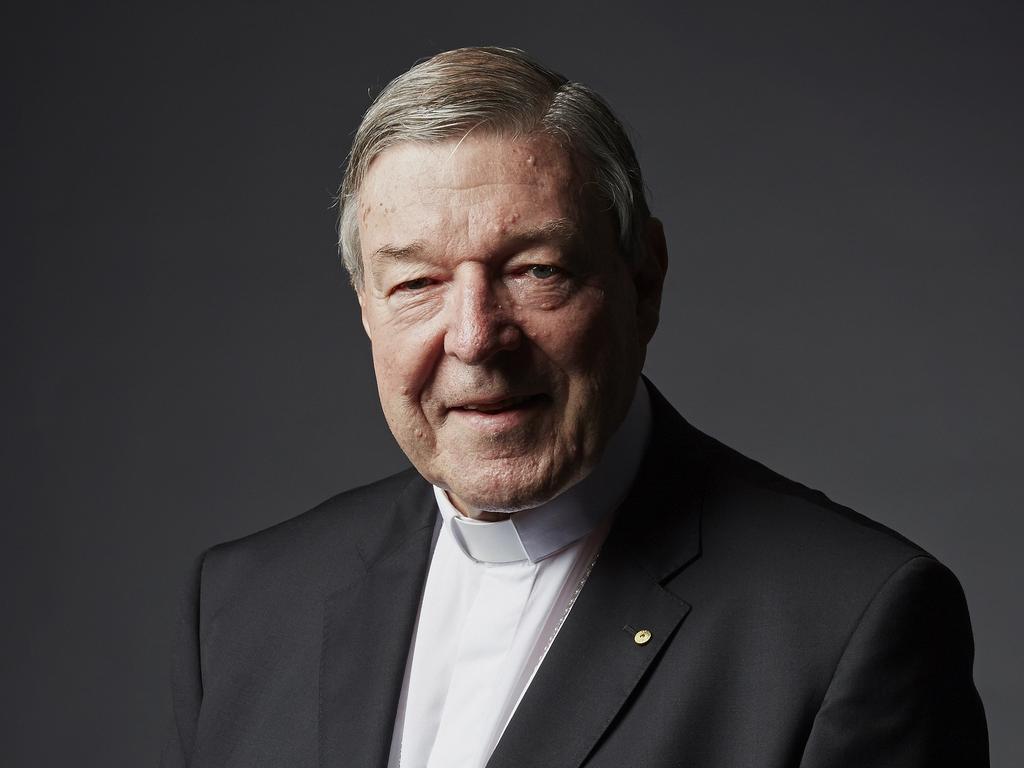

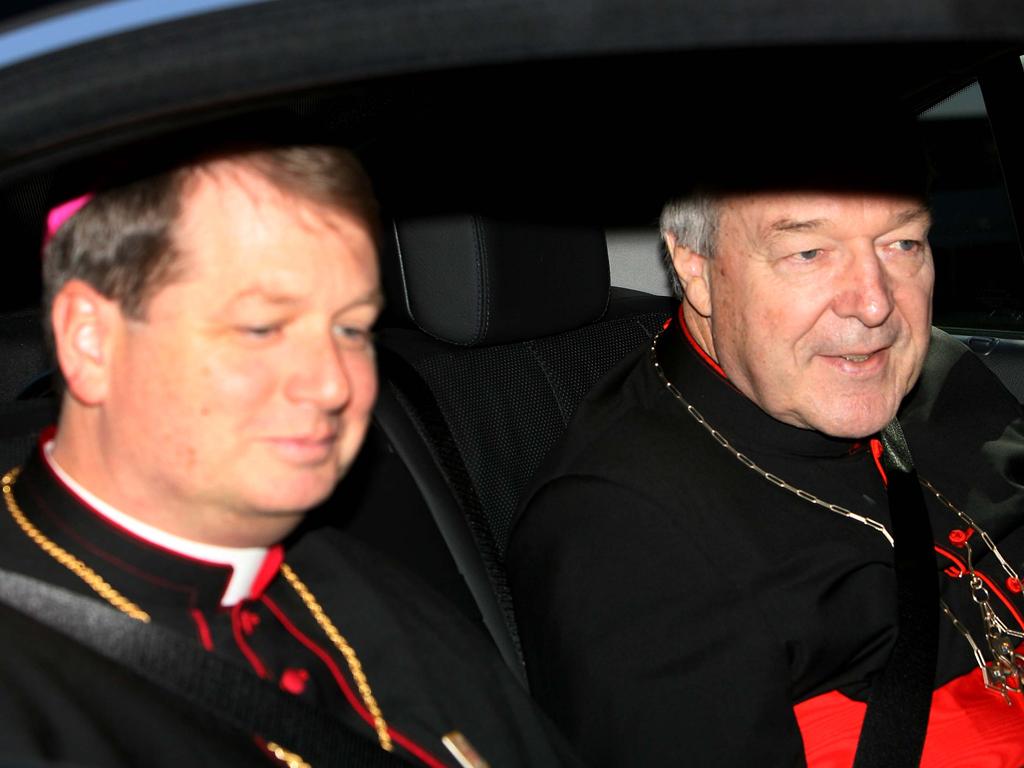

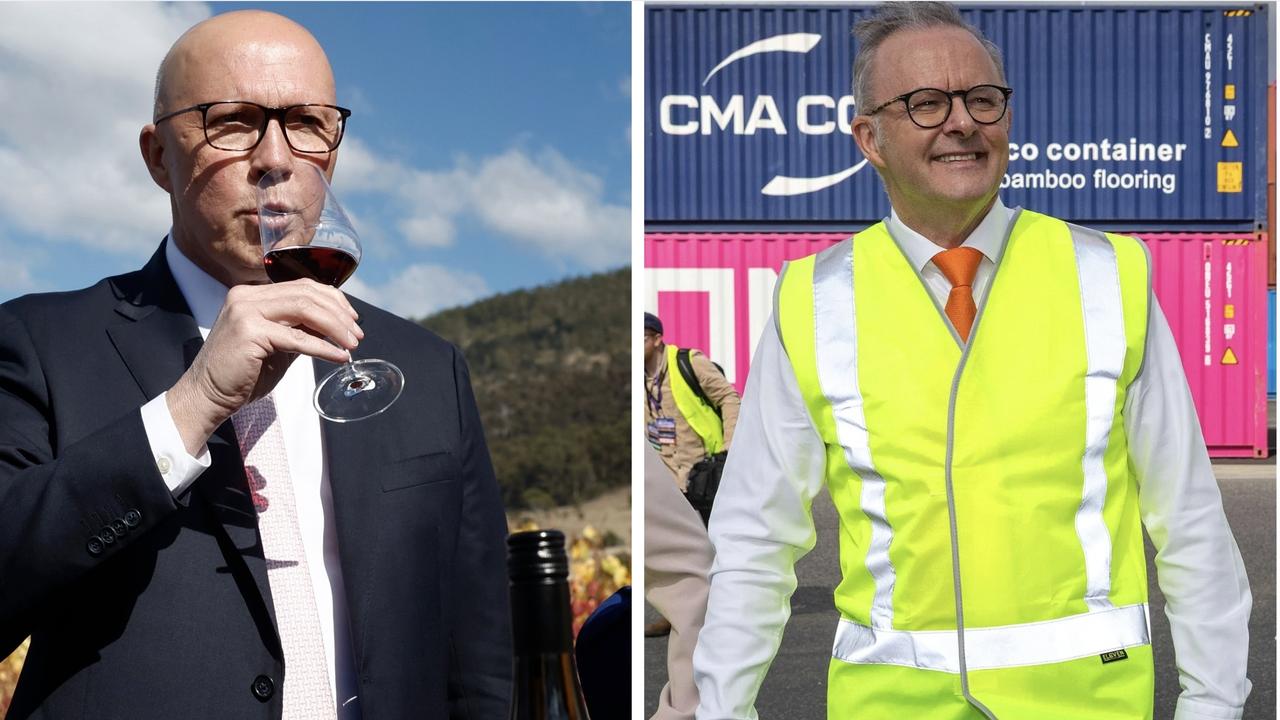
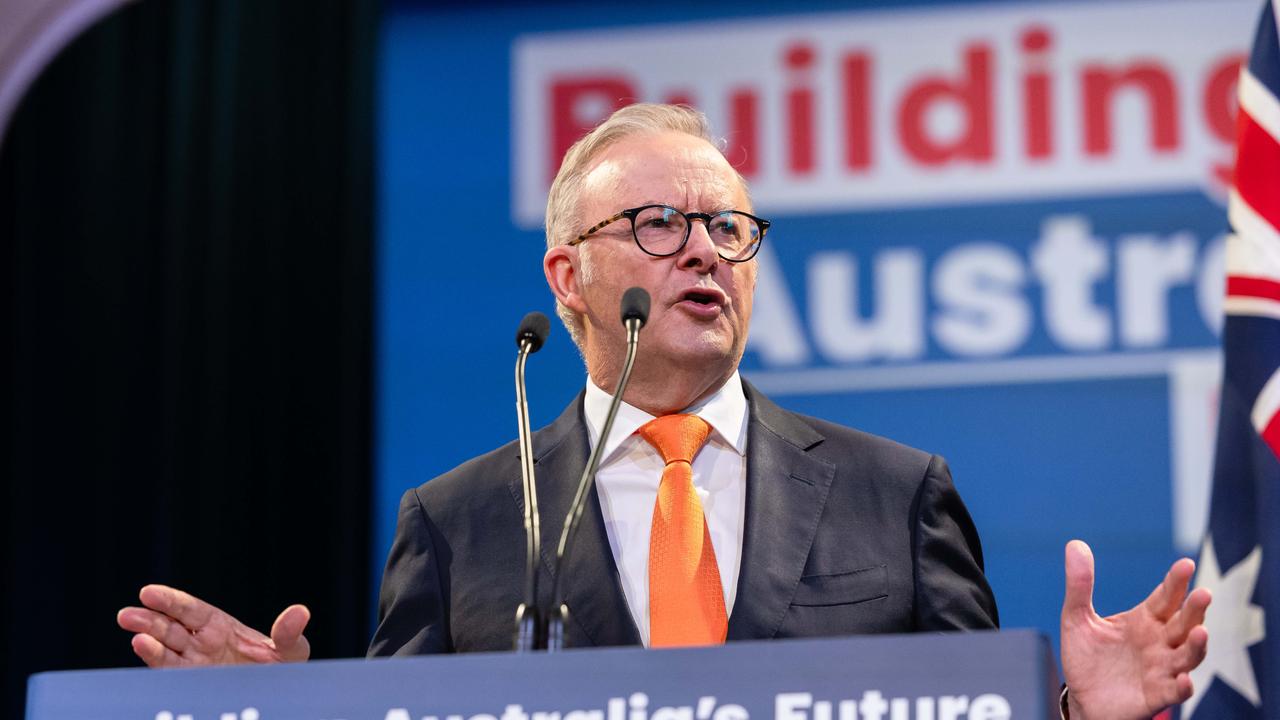
Everybody loves a conspiracy, especially a Vatican conspiracy. This month there have been further reports about the goings-on in Rome involving cardinal George Pell that seem to come right out of a Dan Brown novel. More apt, perhaps, is the cheap and thrilling real-life scandals of the Italian series Suburra, which in the end was, as are most things, about money.